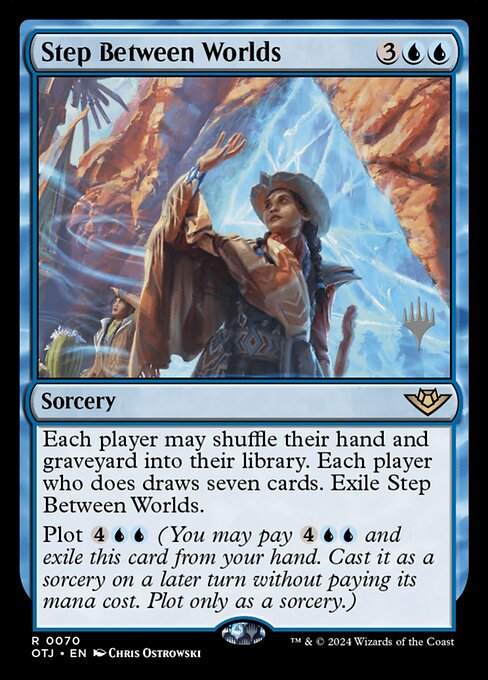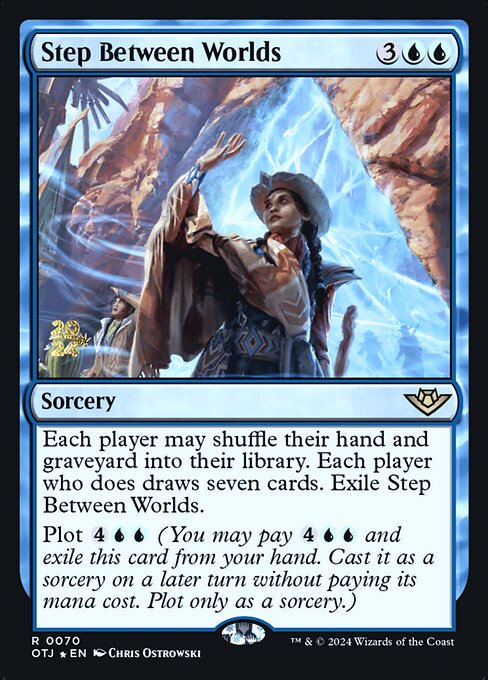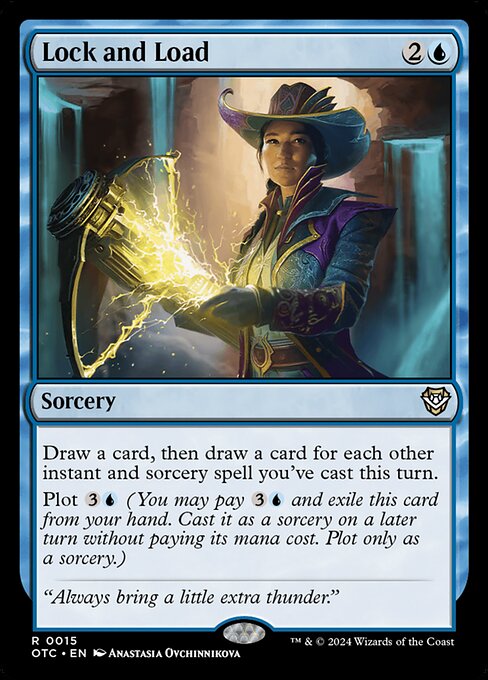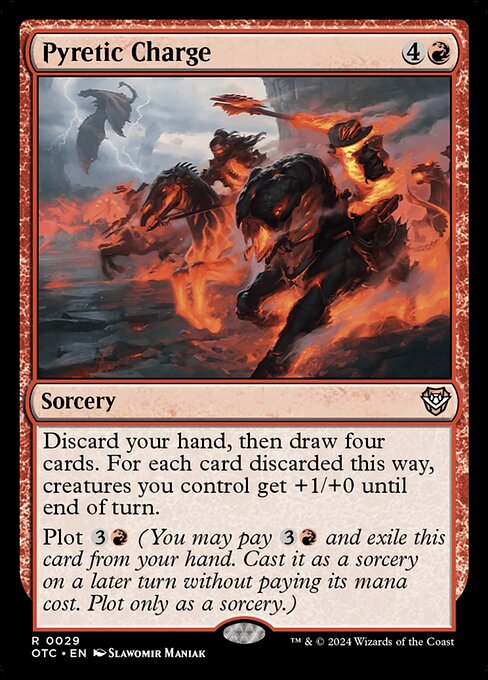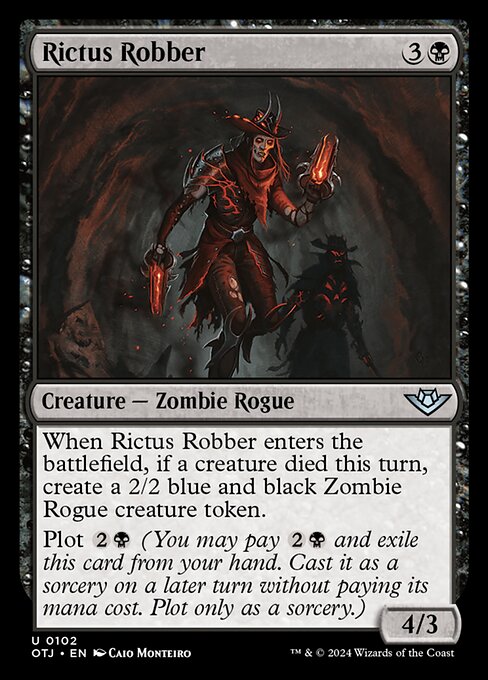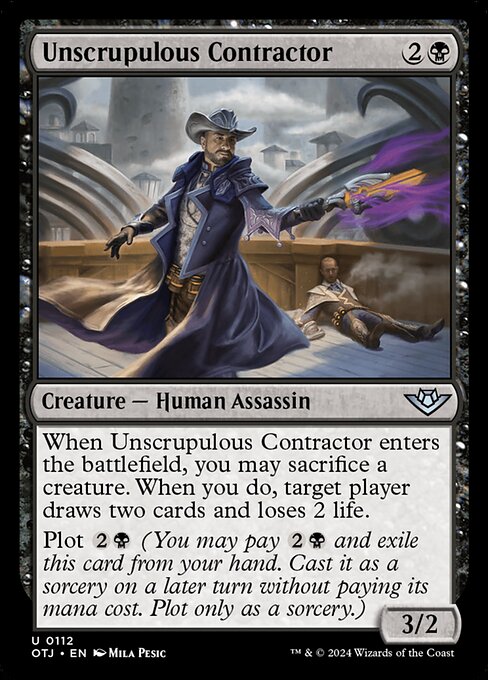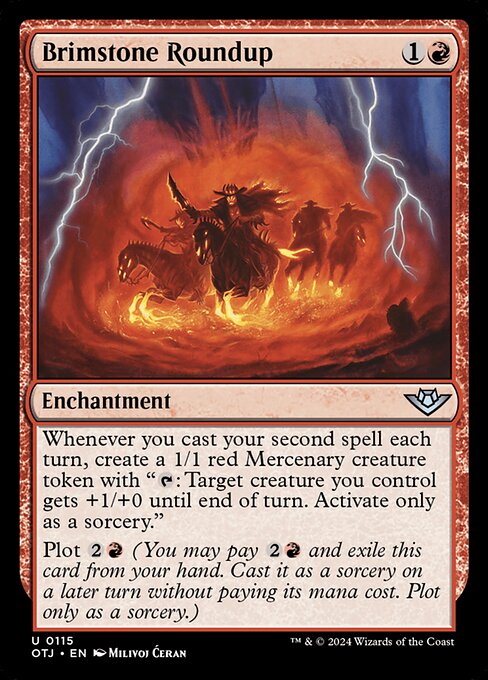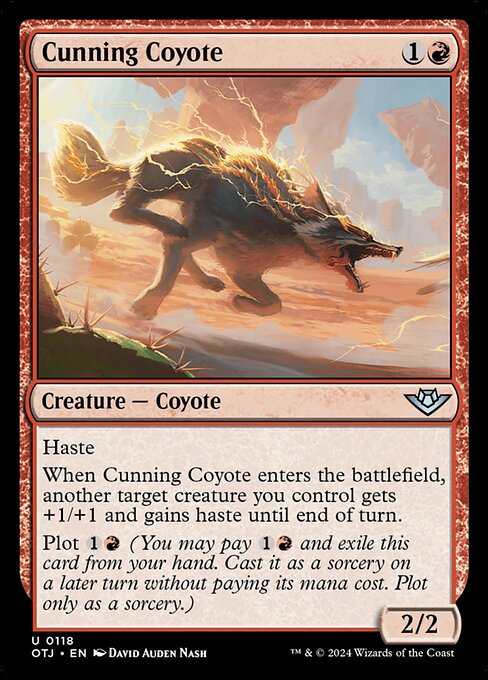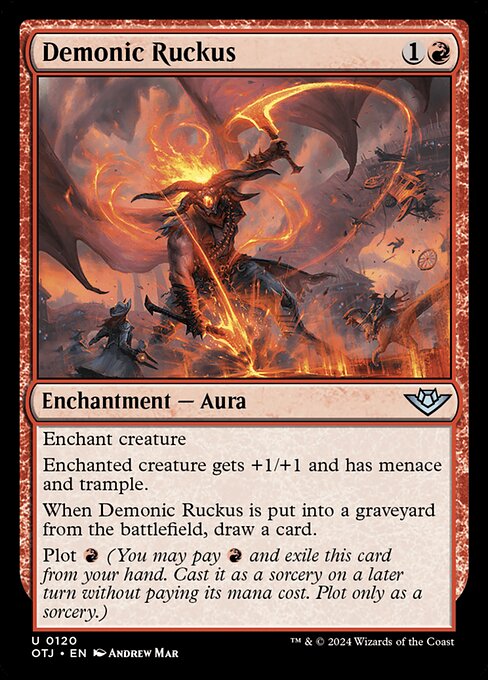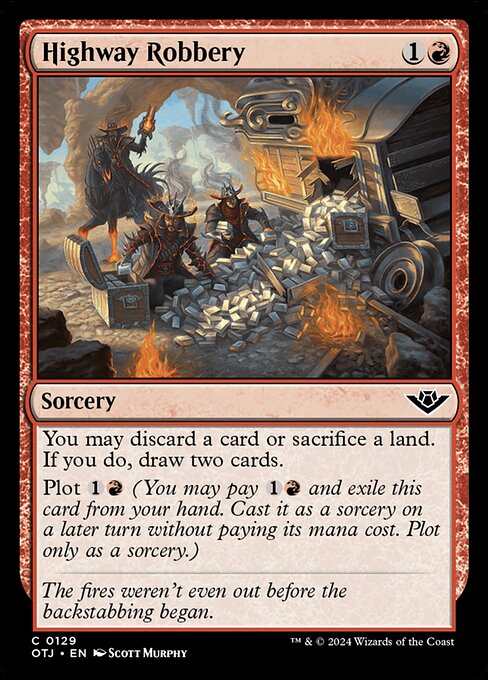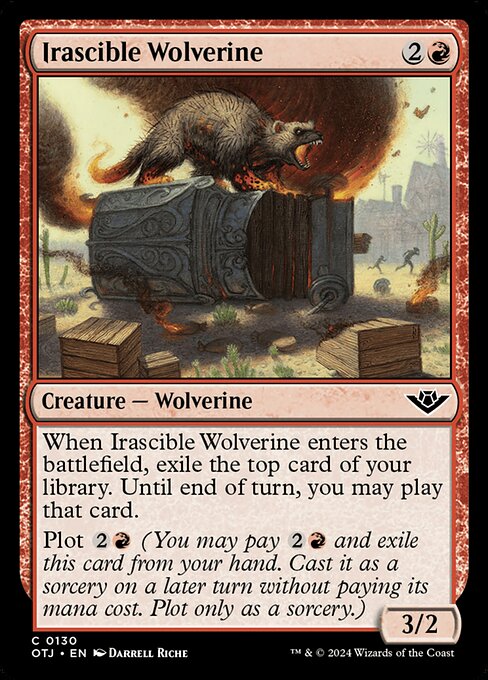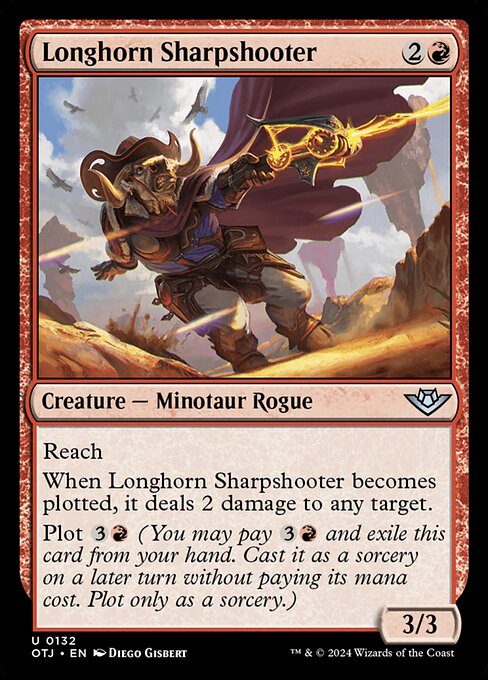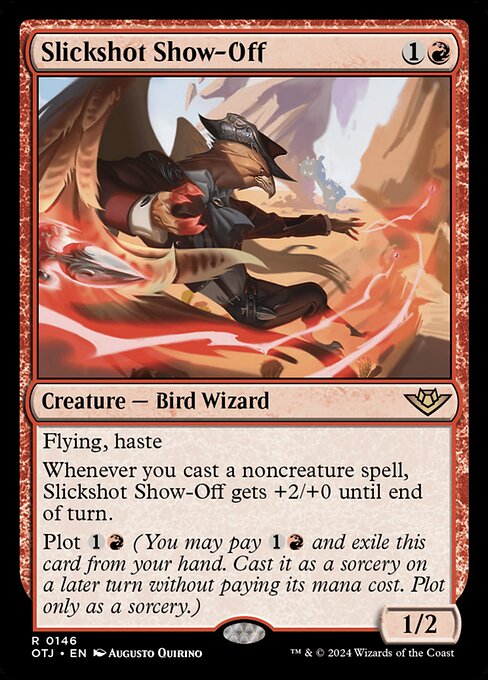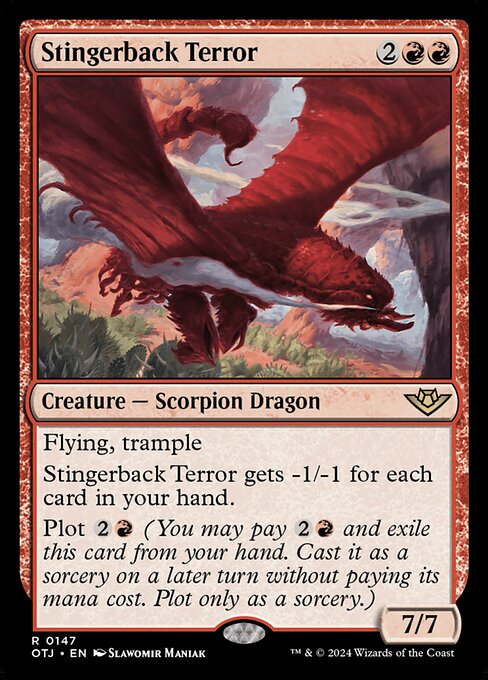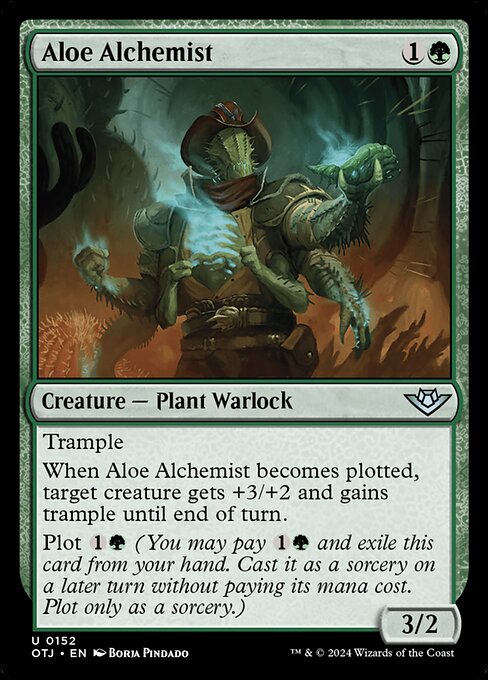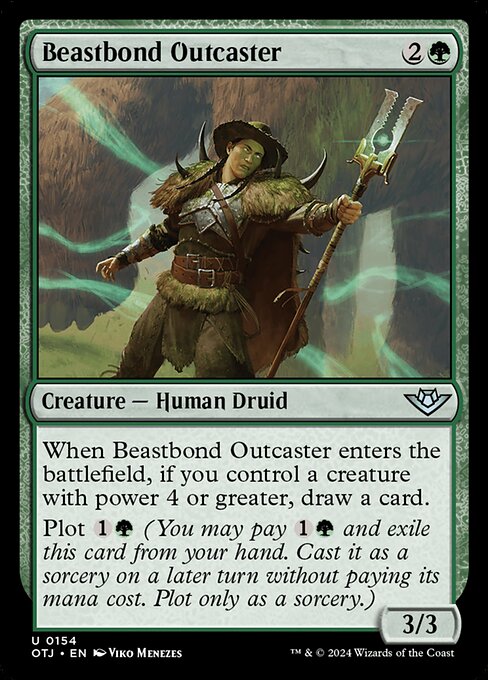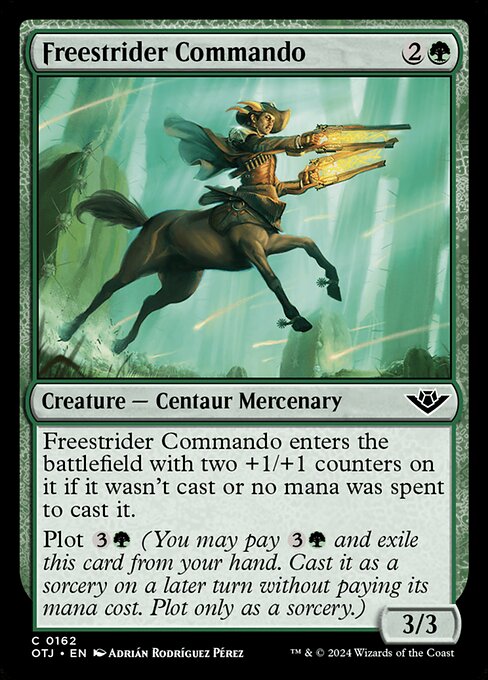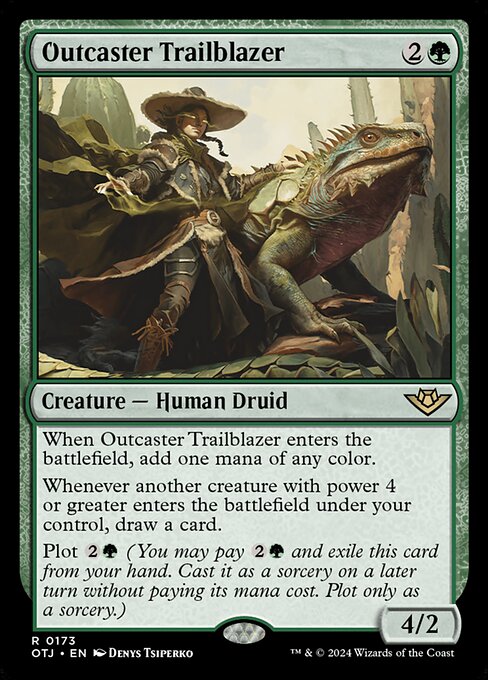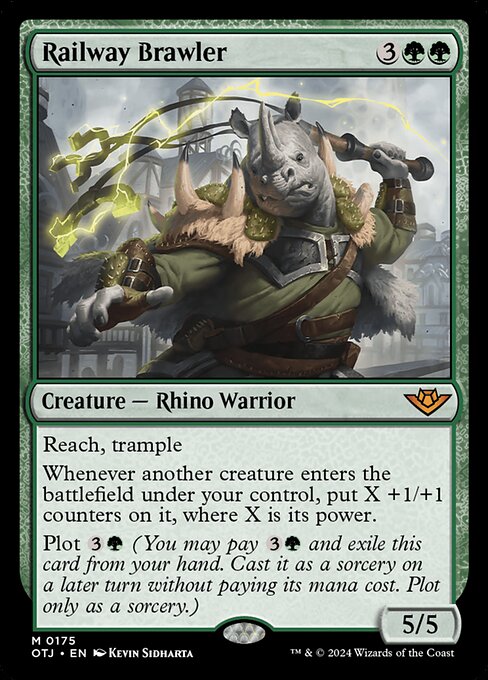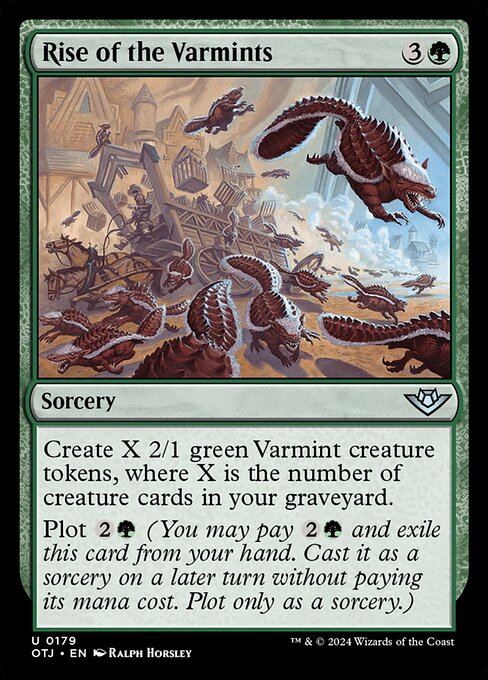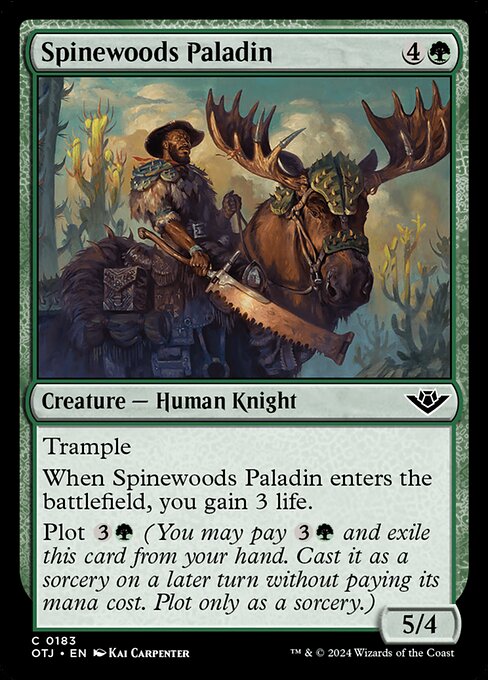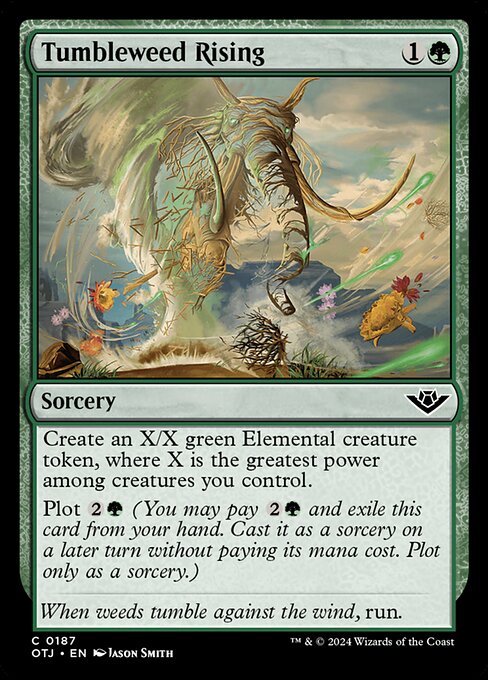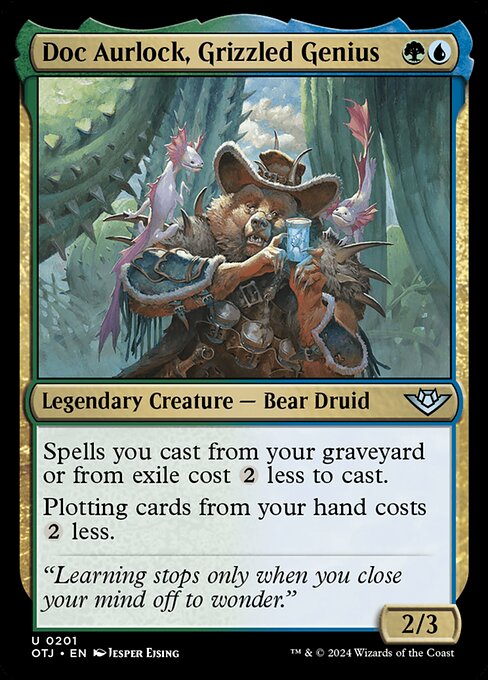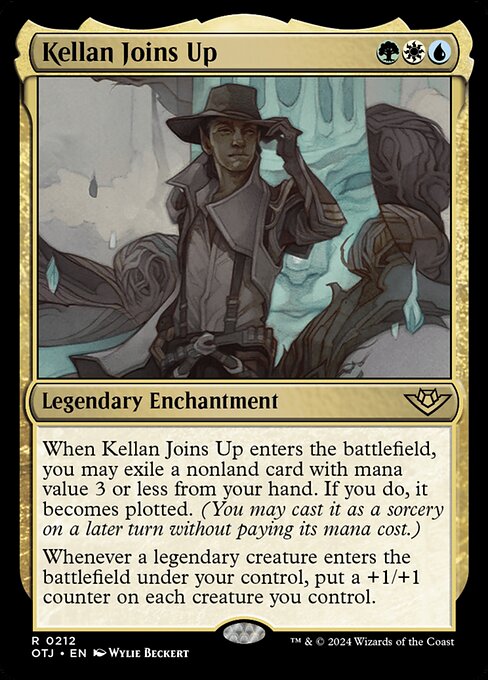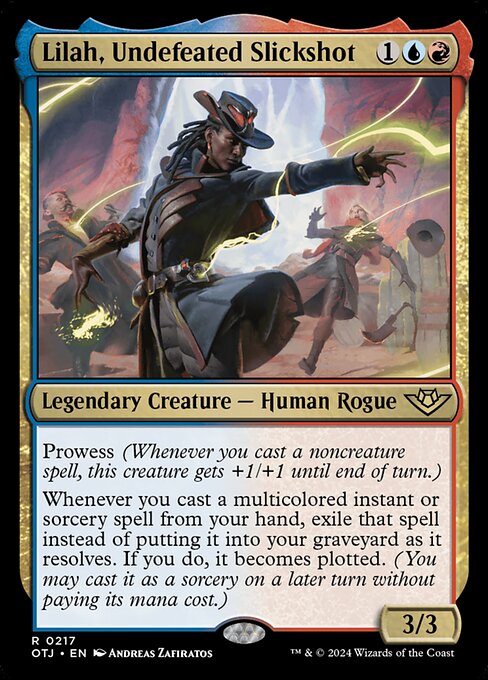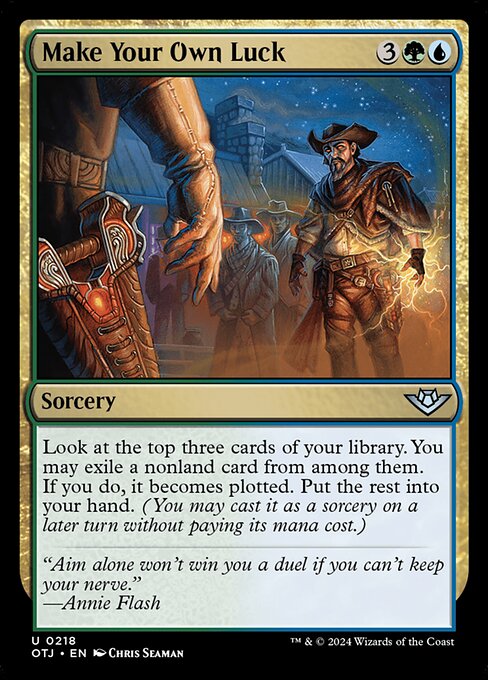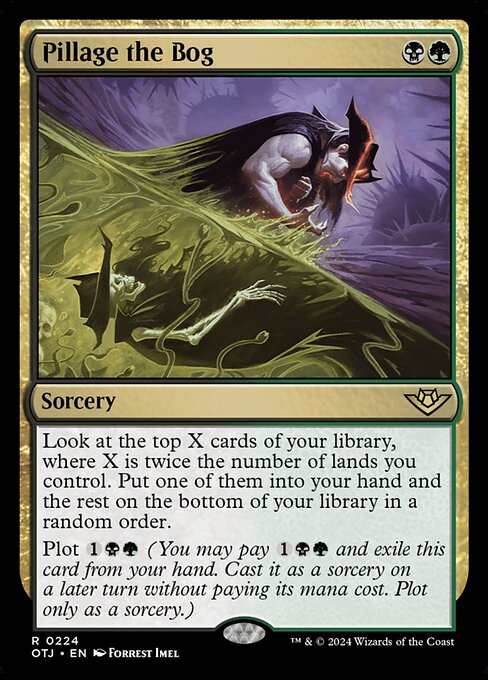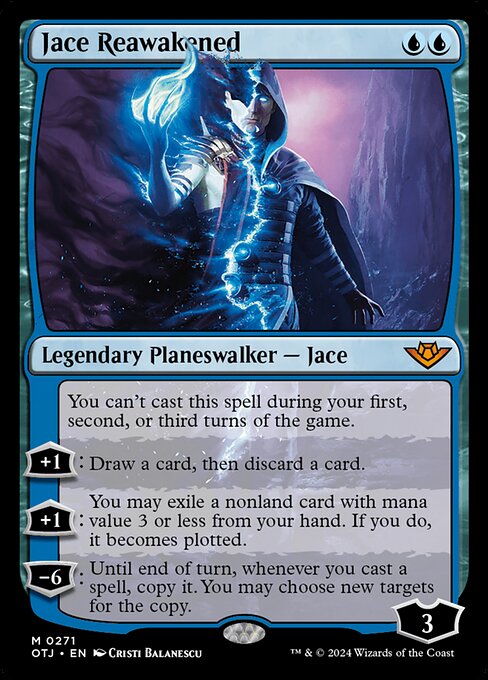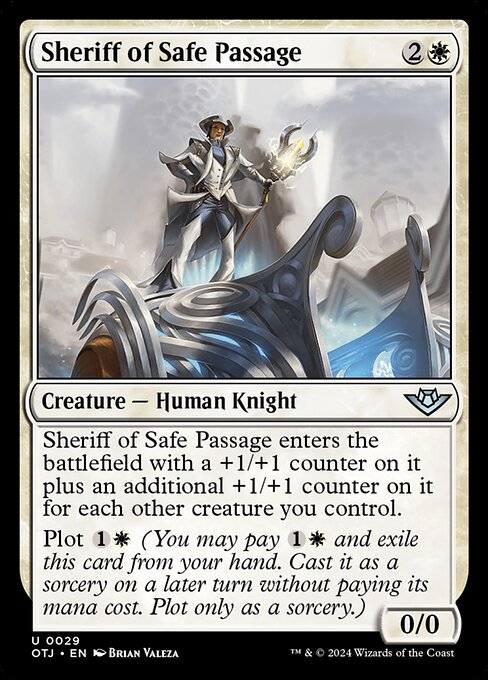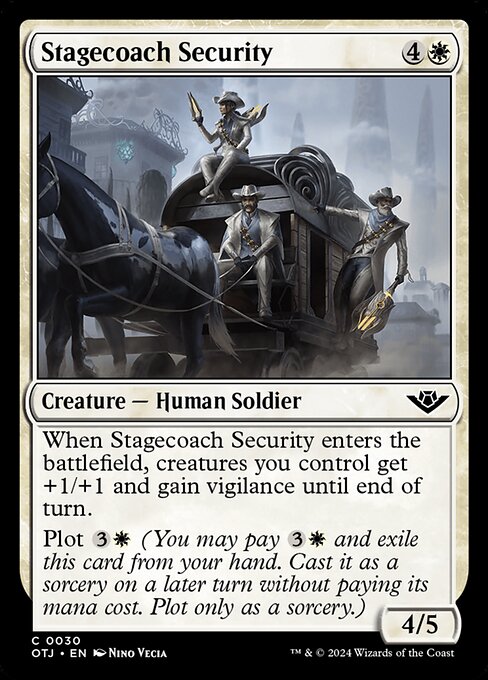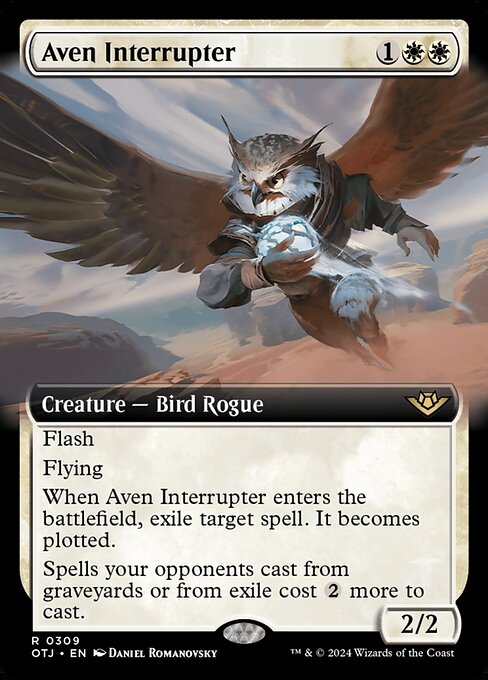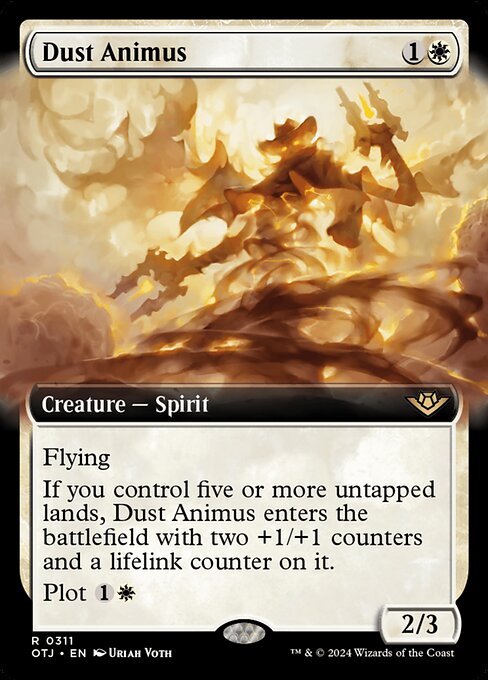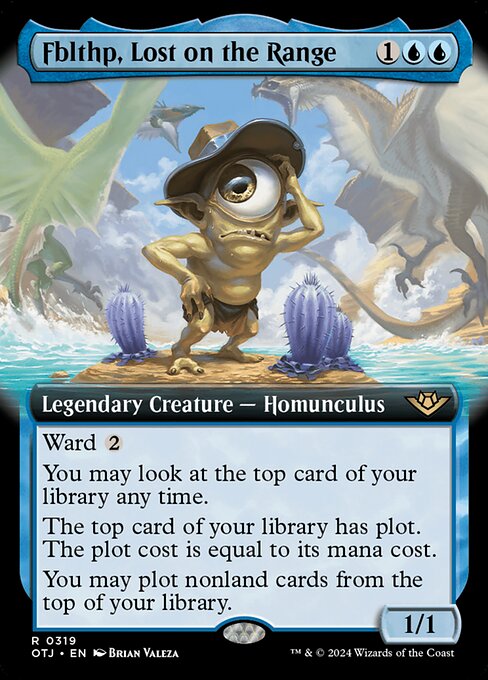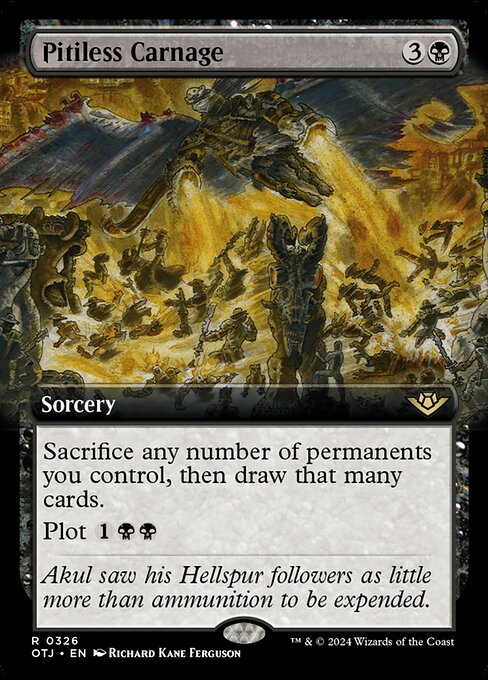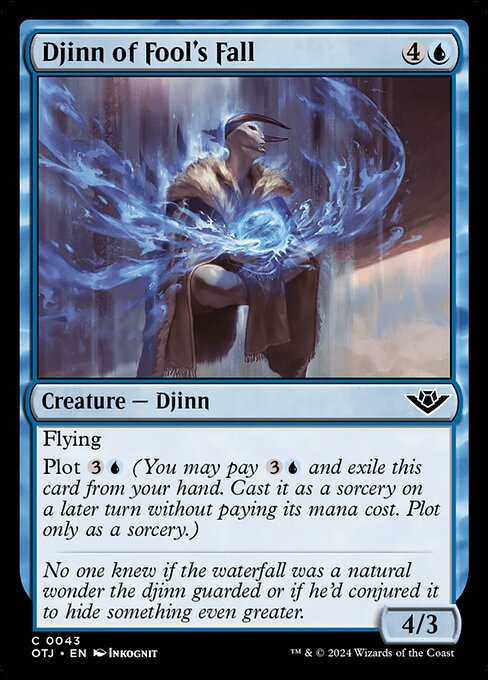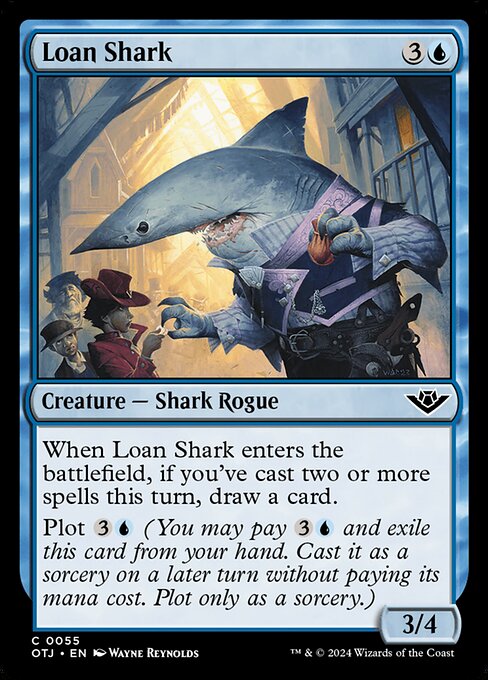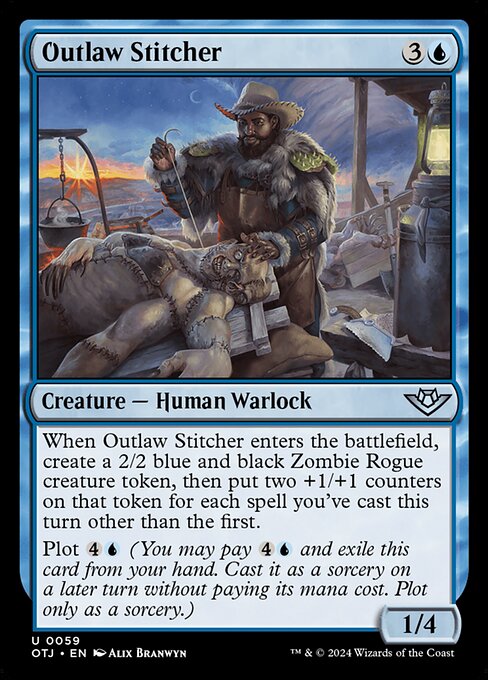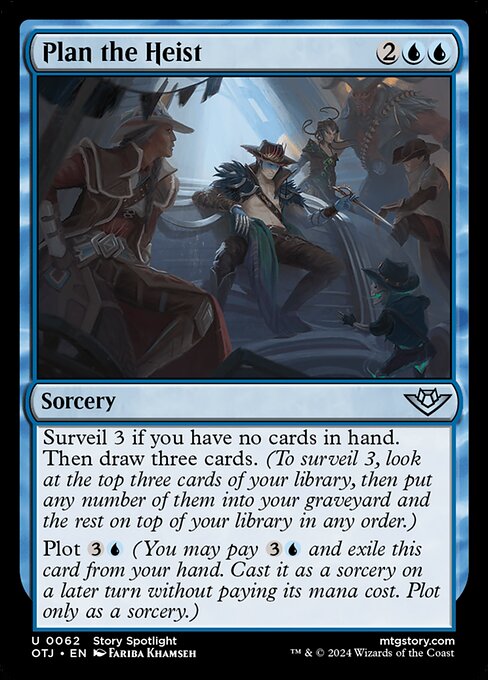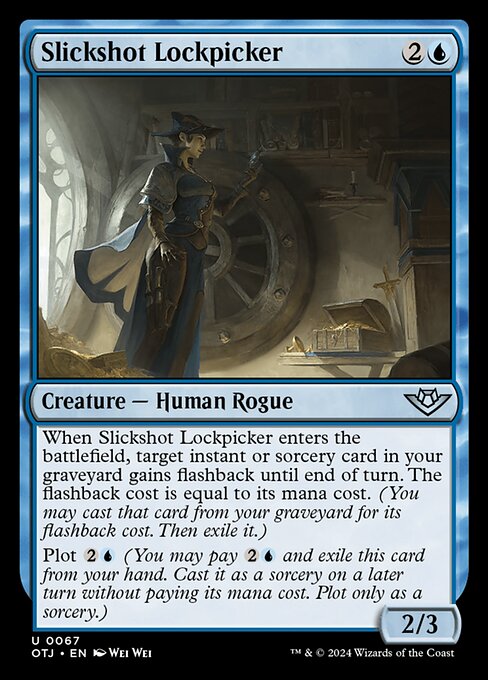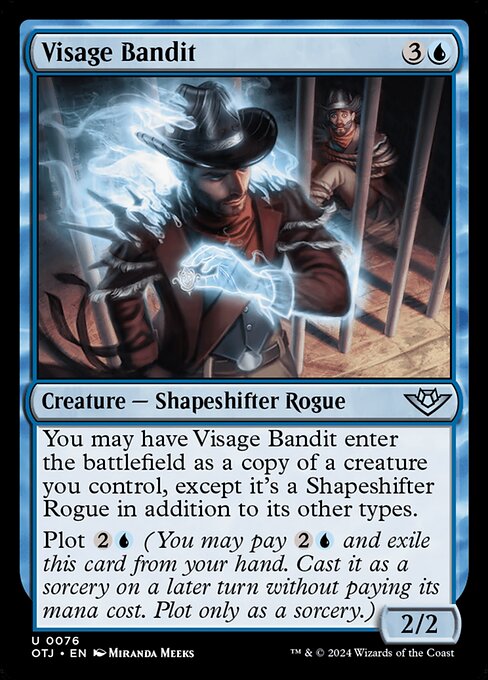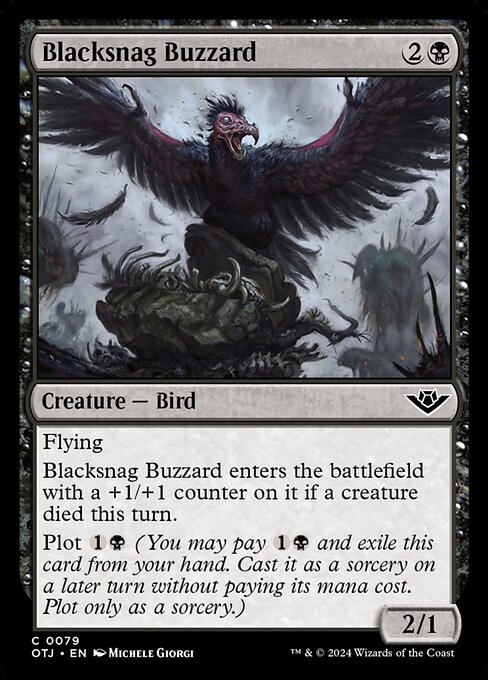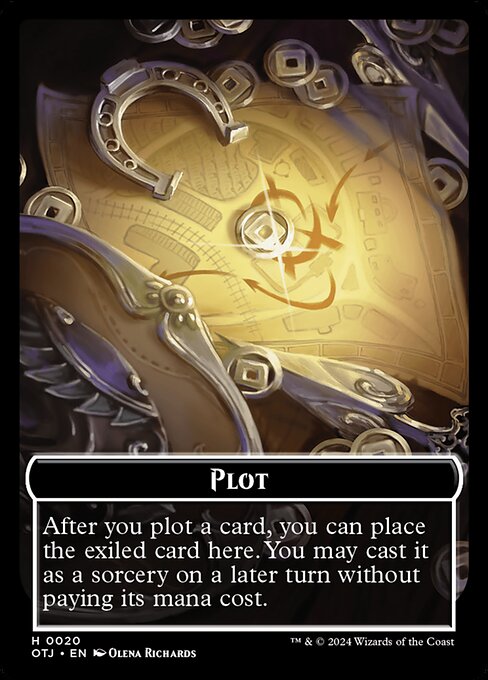Step Between Worlds
Sorcery
Each player may shuffle their hand and graveyard into their library. Each player who does draws seven cards. Exile Step Between Worlds.
Plot (You may pay and exile this card from your hand. Cast it as a sorcery on a later turn without paying its mana cost. Plot only as a sorcery.)
Plot (You may pay and exile this card from your hand. Cast it as a sorcery on a later turn without paying its mana cost. Plot only as a sorcery.)
standard
future
historic
gladiator
pioneer
explorer
modern
legacy
pauper
vintage
penny
commander
brawl
alchemy
paupercommander
duel
oldschool
premodern
Rulings
If a plotted card has in its mana cost, you must choose 0 as the value of X when casting it without paying its mana cost.
Plot abilities are written “Plot [cost],” which means “Any time you have priority during your main phase while the stack is empty, you may pay [cost] and exile this card from your hand. It becomes plotted.”
A player whose hand and/or graveyard contain no cards can still choose to shuffle their hand and graveyard into their library. If they do, they’ll still draw seven cards.
You can’t cast a plotted card on the same turn it became plotted. On any future turn, you may cast that card from exile without paying its mana cost during your main phase while the stack is empty.
If you’re casting a plotted card from exile without paying its mana cost, you can’t choose to cast it for any other alternative costs. You can, however, pay additional costs, such as kicker costs. If the plotted card has any mandatory additional costs, those must still be paid to cast the spell.
Players decide and announce in turn order, starting with the active player, whether they want to shuffle their hand and graveyard into their library. Then, all players who chose to do so shuffle their hands and graveyards into their libraries and draw seven cards. Players later in the turn order will know the choices made by players before them.
Exiling a card using its plot ability is a special action. Once you announce you’re taking that action, no other player can respond by trying to remove that card from your hand.
Plot abilities are written “Plot [cost],” which means “Any time you have priority during your main phase while the stack is empty, you may pay [cost] and exile this card from your hand. It becomes plotted.”
A player whose hand and/or graveyard contain no cards can still choose to shuffle their hand and graveyard into their library. If they do, they’ll still draw seven cards.
You can’t cast a plotted card on the same turn it became plotted. On any future turn, you may cast that card from exile without paying its mana cost during your main phase while the stack is empty.
If you’re casting a plotted card from exile without paying its mana cost, you can’t choose to cast it for any other alternative costs. You can, however, pay additional costs, such as kicker costs. If the plotted card has any mandatory additional costs, those must still be paid to cast the spell.
Players decide and announce in turn order, starting with the active player, whether they want to shuffle their hand and graveyard into their library. Then, all players who chose to do so shuffle their hands and graveyards into their libraries and draw seven cards. Players later in the turn order will know the choices made by players before them.
Exiling a card using its plot ability is a special action. Once you announce you’re taking that action, no other player can respond by trying to remove that card from your hand.
Rulings
If a plotted card has in its mana cost, you must choose 0 as the value of X when casting it without paying its mana cost.
Plot abilities are written “Plot [cost],” which means “Any time you have priority during your main phase while the stack is empty, you may pay [cost] and exile this card from your hand. It becomes plotted.”
A player whose hand and/or graveyard contain no cards can still choose to shuffle their hand and graveyard into their library. If they do, they’ll still draw seven cards.
You can’t cast a plotted card on the same turn it became plotted. On any future turn, you may cast that card from exile without paying its mana cost during your main phase while the stack is empty.
If you’re casting a plotted card from exile without paying its mana cost, you can’t choose to cast it for any other alternative costs. You can, however, pay additional costs, such as kicker costs. If the plotted card has any mandatory additional costs, those must still be paid to cast the spell.
Players decide and announce in turn order, starting with the active player, whether they want to shuffle their hand and graveyard into their library. Then, all players who chose to do so shuffle their hands and graveyards into their libraries and draw seven cards. Players later in the turn order will know the choices made by players before them.
Exiling a card using its plot ability is a special action. Once you announce you’re taking that action, no other player can respond by trying to remove that card from your hand.
Plot abilities are written “Plot [cost],” which means “Any time you have priority during your main phase while the stack is empty, you may pay [cost] and exile this card from your hand. It becomes plotted.”
A player whose hand and/or graveyard contain no cards can still choose to shuffle their hand and graveyard into their library. If they do, they’ll still draw seven cards.
You can’t cast a plotted card on the same turn it became plotted. On any future turn, you may cast that card from exile without paying its mana cost during your main phase while the stack is empty.
If you’re casting a plotted card from exile without paying its mana cost, you can’t choose to cast it for any other alternative costs. You can, however, pay additional costs, such as kicker costs. If the plotted card has any mandatory additional costs, those must still be paid to cast the spell.
Players decide and announce in turn order, starting with the active player, whether they want to shuffle their hand and graveyard into their library. Then, all players who chose to do so shuffle their hands and graveyards into their libraries and draw seven cards. Players later in the turn order will know the choices made by players before them.
Exiling a card using its plot ability is a special action. Once you announce you’re taking that action, no other player can respond by trying to remove that card from your hand.
Your collection? Your decks?
Want to manage your collection and/or create decks?
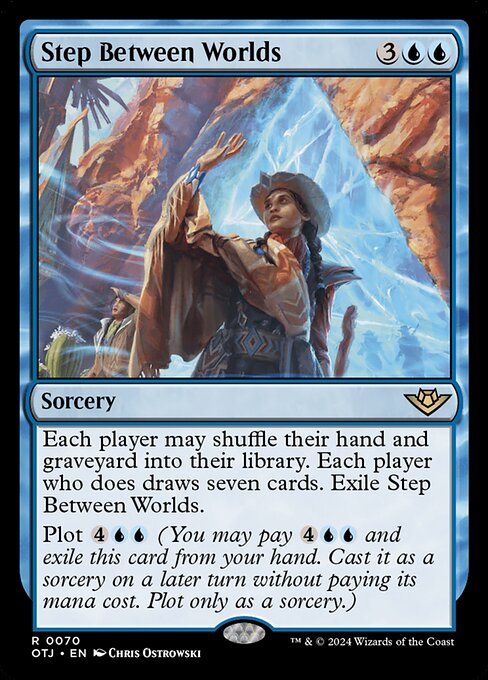

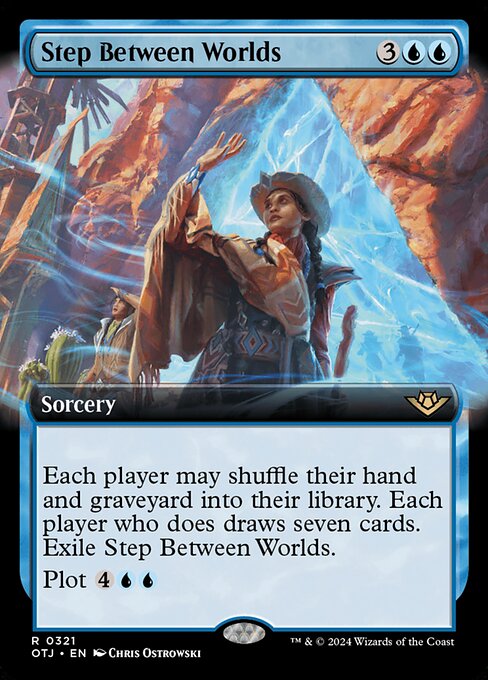
 0
0
 0.20€
0.20€
